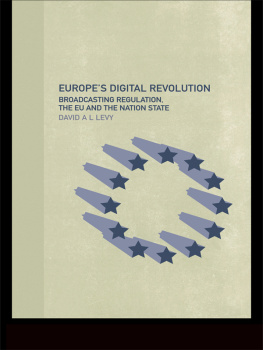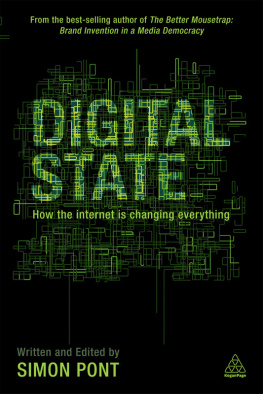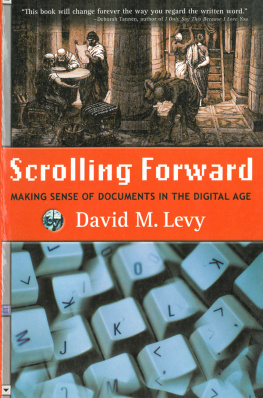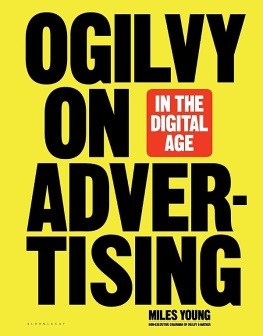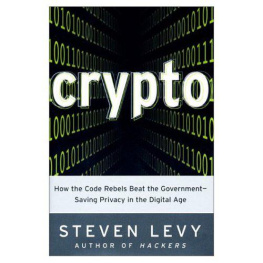Europes Digital Revolution
Europes Digital Revolution focuses on the increasingly urgent issue of the European Unions, and its member states, broadcasting policies, and the challenges posed by digital broadcasting. Examining the European Unions record in the field of broadcasting policyits desire to become a more central actor in the regulation of the converging communications sectorthis book analyses the extent to which technological change and globalisation are aiding those ambitions, as they have already done in related areas such as telecommunications.
David A L Levy explores the particular problem that broadcasting poses for European policymakers. The economic, political and cultural importance of broadcasting has fuelled attempts to develop an EU broadcasting policy, but it also explains the determination of key governments to retain control on a national level. The range of EU regulatory initiatives and approaches are examined and set in the context of widely differing national regulatory traditions and policy styles. Europes Digital Revolution explores the latest thinking to emerge from the EU in response to digital broadcasting, including the recent attempt to promote regulatory convergence or a common approach at the EU level to the regulation of telecoms, IT and broadcasting. While in other areas, technological change has been cited as justifying the transfer of regulatory responsibility to the EU level, digital broadcasting is unlikely to lead to a rapid Europeanisation or broadcasting policy. David A L Levy argues that EU-wide approaches should focus on anti-competitive practices rather than on matters of cultural and content regulation.
This book provides an insiders analysis of a particularly complex area of EU and national policymaking. It is the most up-to-date analysis of the impact of digital broadcasting in the UK, France and Germany, and on EU regulatory approaches. It will interest students of the EU policymaking process as well as those involved in the regulation of the media. Europes Digital Revolution throws new light on the wider debate about how technological change and convergence affect public policy.
Dr David A L Levy works on European Broadcasting policy and digital regulation at the BBC but is writing here in a personal capacity. He has recently published in West European Politics and Telecommunications Policy and is a regular speaker at industry and academic conferences.
ROUTLEDGE RESEARCH IN EUROPEAN PUBLIC POLICY
Edited by Jeremy Richardson, Nuffield College, University of Oxford
- The Politics of Corporate Taxation in the European Union
Knowledge and International Policy Agendas
Claudio M.Radaelli - The Large Firm as a Political Actor in the EU
David Coen - Public Policy Disasters in Western Europe
Edited by Pat Gray and Pault Hart - The EU Commission and European Governance
An Institutional Analysis
Thomas Christiansen - Europes Digital Revolution
Broadcasting Regulation, the EU and the Nation State
David A L Levy - EU Social Policy in the 1990s
Towards a Corporatist Policy Community
Gerda Falkner - The Franco-German Relationship in the EU
Edited by Douglas Webber - Economic Citizenship in the European Union
Employment relations in the new Europe
Paul Teague - The European Automobile Industry
Multi-Level Governance, Policy and Politics
Andrew M.McLaughlin and William A.Maloney
Other titles in the European Public Policy series:
European UnionJeremy Richardson;Democratic SpainRichard Gillespie, Fernando Rodrigo and Jonathan Story, Regulating EuropeGiandomenico Majone;Adjusting to EuropeYves Meny, Pierre Muller and Jean Louis Quermonne;Policy-making in the European UnionLaura Cram;Regions in EuropePatrick Le Gals and Christian Lequesne;Green Parties and Politics in the European UnionElizabeth Bomberg, A Common Foreign Policy for Europe?John Peterson and Helene Sjursen;Policy-making, European Integration and the Role of Interest GroupsSonia Mazey and Jeremy Richardson
First published 1999
by Routledge
11 New Fetter Lane, London EC4P 4EE
Simultaneously published in the USA and Canada
by Routledge
29 West 35th Street, New York, NY 10001
First published in paperback 2001
Routledge is an imprint of the Taylor & Francis Group
This edition published in the Taylor & Francis e-Library, 2005.
To purchase your own copy of this or any of Taylor & Francis or Routledges collection of thousands of eBooks please go to www.eBookstore.tandf.co.uk.
1999, 2001 David A.L.Levy
All rights reserved. No part of this book may be reprinted or reproduced or utilised in any form or by any electronic, mechanical, or other means, now known or hereafter invented, including photocopying and recording, or in any information storage or retrieval system, without permission in writing from the publishers.
British Library Cataloguing in Publication Data
A catalogue record for this book is available from the British Library
Library of Congress Cataloguing in Publication Data
A catalog record for this book is available from the Library of Congress
ISBN 0-203-16441-5 Master e-book ISBN
ISBN 0-203-25855-X (Adobe eReader Format)
ISBN 0-415-17196-2 (Hbk)
ISBN 0-415-24248-7 (Print Edition) (Pbk)
Tables
Preface and acknowledgements
My interest in European policy making goes back to 19901 when I was reporting for the BBCs Netvsnight programme on the run-up to and the aftermath of the Maastricht Treaty negotiations. At the time hardly a week went by without another presumed assault on British sovereignty where first Margaret Thatcher, and then John Major, was called in to bat for Britain against the triumvirate of Delors, Kohl and Mitterrand. And yet even the most casual observer could not but be struck by the curious mismatch between the arguments of high principle dominating the European Debate, and the often highly technical issues that filled the constant rounds of meetings between national and EU officials. What was it, I wondered, that could suddenly turn a debate over food additives into an assault by Brussels on the British sovereign right to eat prawn-flavoured crisps?
Since Maastricht the mood towards Europe has become more sceptical, but the amount of essentially technical problem-solving in Council working groups, the Commission and Parliament has continued to grow. Indeed, perhaps in response to this scepticism, rallying calls for Europe tend now to be couched in largely pragmatic rather than idealistic terms. In this new climate, technological change and globalisation are cited as requiring a Europe-wide response, whether because of the Information Society, convergence, the need for Internet Governance, or just in the name of creating a more competitive Europe. This book sets out to explain why broadcasting has been relatively resistant to such rallying cries, and to examine how far digitalisation is likely to change the balance between national and EU level regulation. In answering those questions, I also hope to throw some light on the nature of the EU policy process, the pressures at work within the EU policy community, and the ways in which differing national regulatory traditions and policy styles continue to exert a determining influence on broadcasting policy outcomes within the EU, when much conventional wisdom might have expected them to be smoothed over by technological change.

